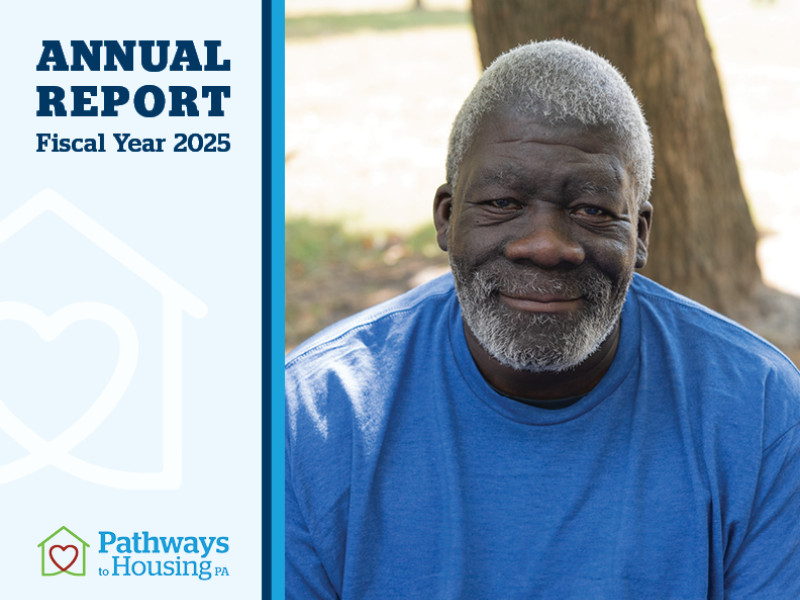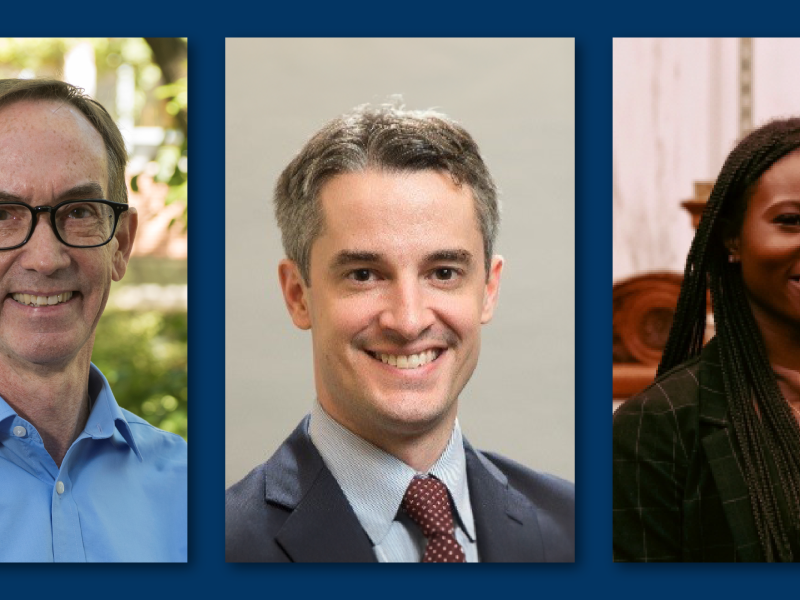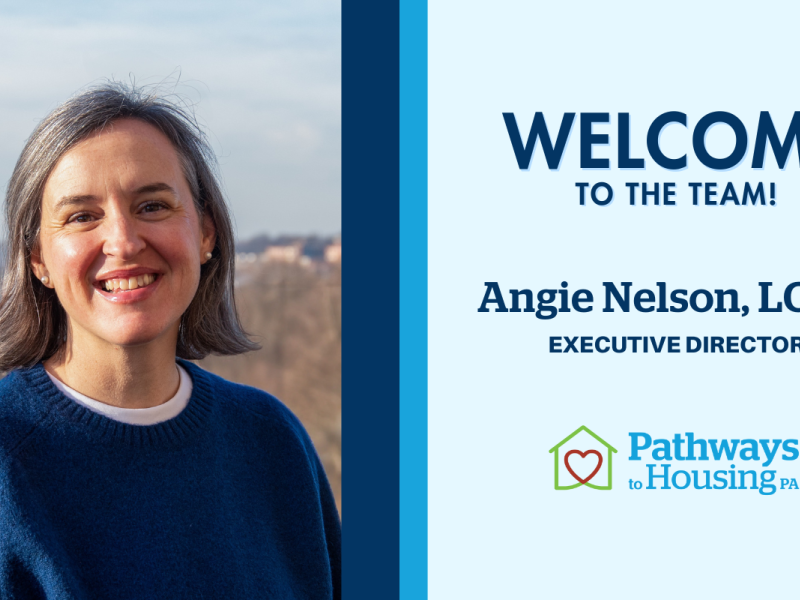What is Community Inclusion?
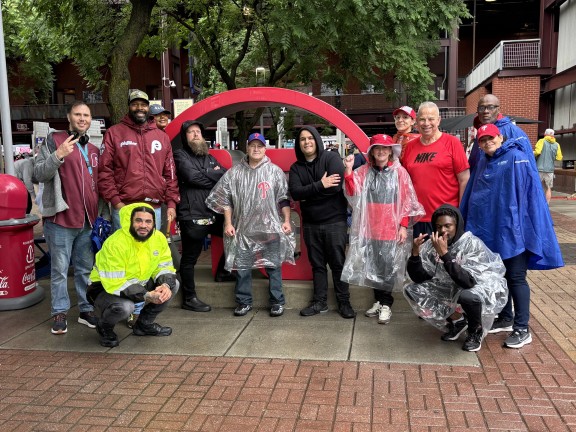
Community inclusion sounds like one of those buzzy phrases that should be self-explanatory, but you’re never quite sure you fully understand. The official definition of community inclusion is “the opportunity to live and exist as a contributing member of the community while being valued for one’s abilities and uniqueness, regardless of disability.”
Buzzy, right? Here at Pathways, we live community inclusion every day by weaving it into the way we conduct our programming. We are not just helping people move into and maintain their new homes. We’re helping people reclaim their lives.
In action, that looks different for every single one of our 500+ participants. Our Community Inclusion Department is a small but mighty team that organizes programs and events both big and small throughout the year to support participants.
Big events include our annual participant cookout, held in a local park. All participants and staff are invited to attend, and we hold a traditional cookout with charcoal grills, burgers, hotdogs, salads, snacks, and desserts. A cornhole tournament between the different housing teams is held with one staff member and one participants from each team representing. Team 3 currently holds the trophy and will have to pass it along to the new winner next year. Some play cards, some dance to the stylings of DJ Rob (our Community Inclusion Director), and some just hang out in the shade and enjoy the activity around them. It’s a day when participants and staff can relax and spend time together – exactly the way most of us do during the summertime.
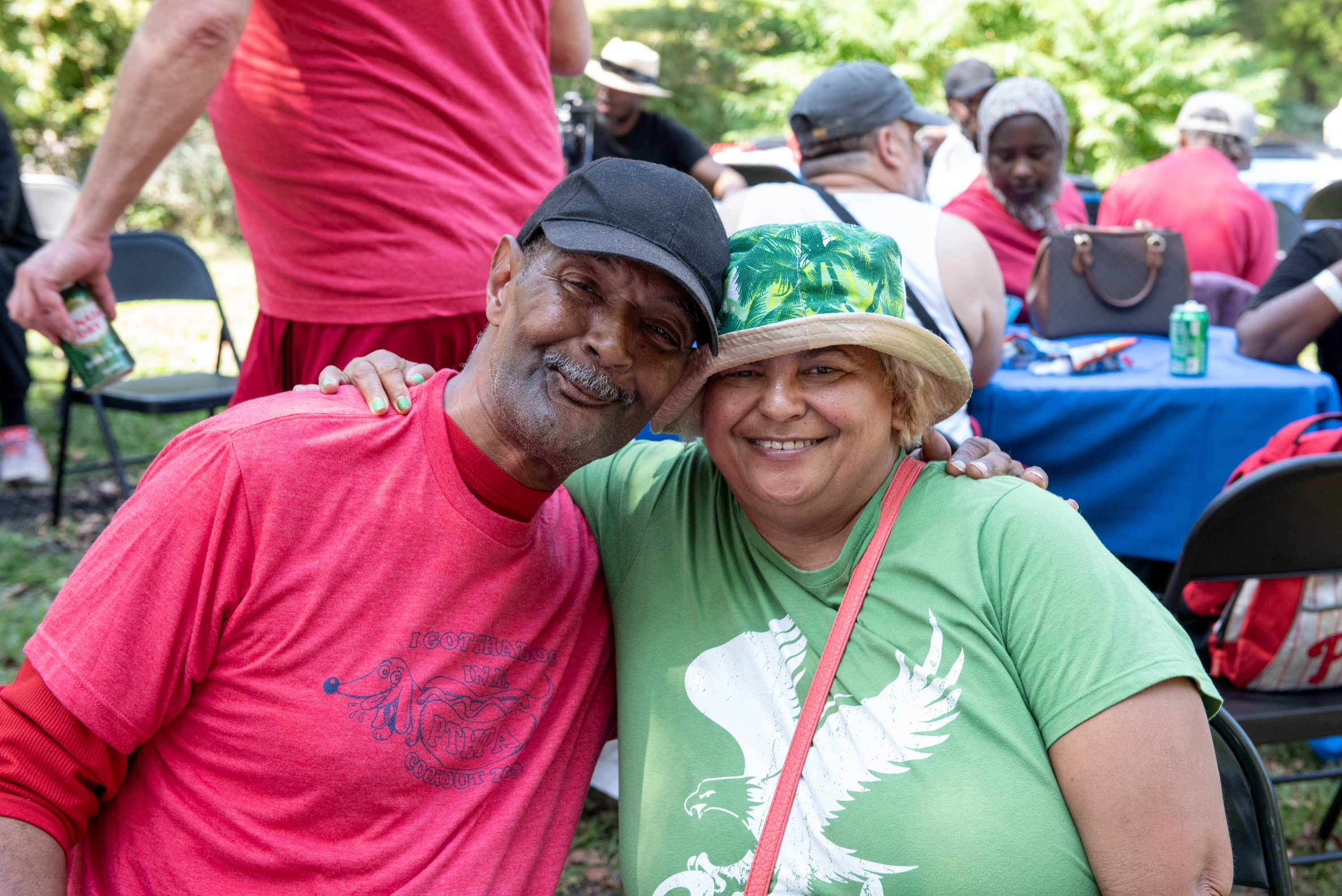
The other big event is our holiday party, which is held in December at a local event space. The holiday meal is catered, with plenty of food to ensure that attendees can take leftovers home. In addition to music and a photo booth, an ugly sweater contest is held, and raffle prizes are given throughout the afternoon. Again, it’s a time for staff and participants to enjoy the holidays together – exactly the way many of us do with our own families and friends.
Big events aren’t the only way that community is built and celebrated. Sometimes it’s the smaller gatherings that really make someone feel accepted, welcomed, and comfortable in their own community. Community Inclusion hosts a monthly restaurant club featuring a different cuisine each month and participants are welcome to sign up to attend as often or as infrequently as they’d like. Some are there every month while some only attend for certain cuisines. All who participate get to spend time with their peers, try new foods, and have an opportunity to replicate that visit themselves moving forward.
Movie days are held monthly at our office, with the films shown voted on by participants. At various points, we've hosted a gardening club, a fitness club, a cooking club, and a tennis club all based on the interests of our participants. Arts and Crafts, also monthly, includes everything from making jewelry to designing the ugly sweaters shown off during our holiday party. Often, a few participants will go out in a group with a team member to visit amusement parks, go to the zoo, or enjoy some time at another event nearby.
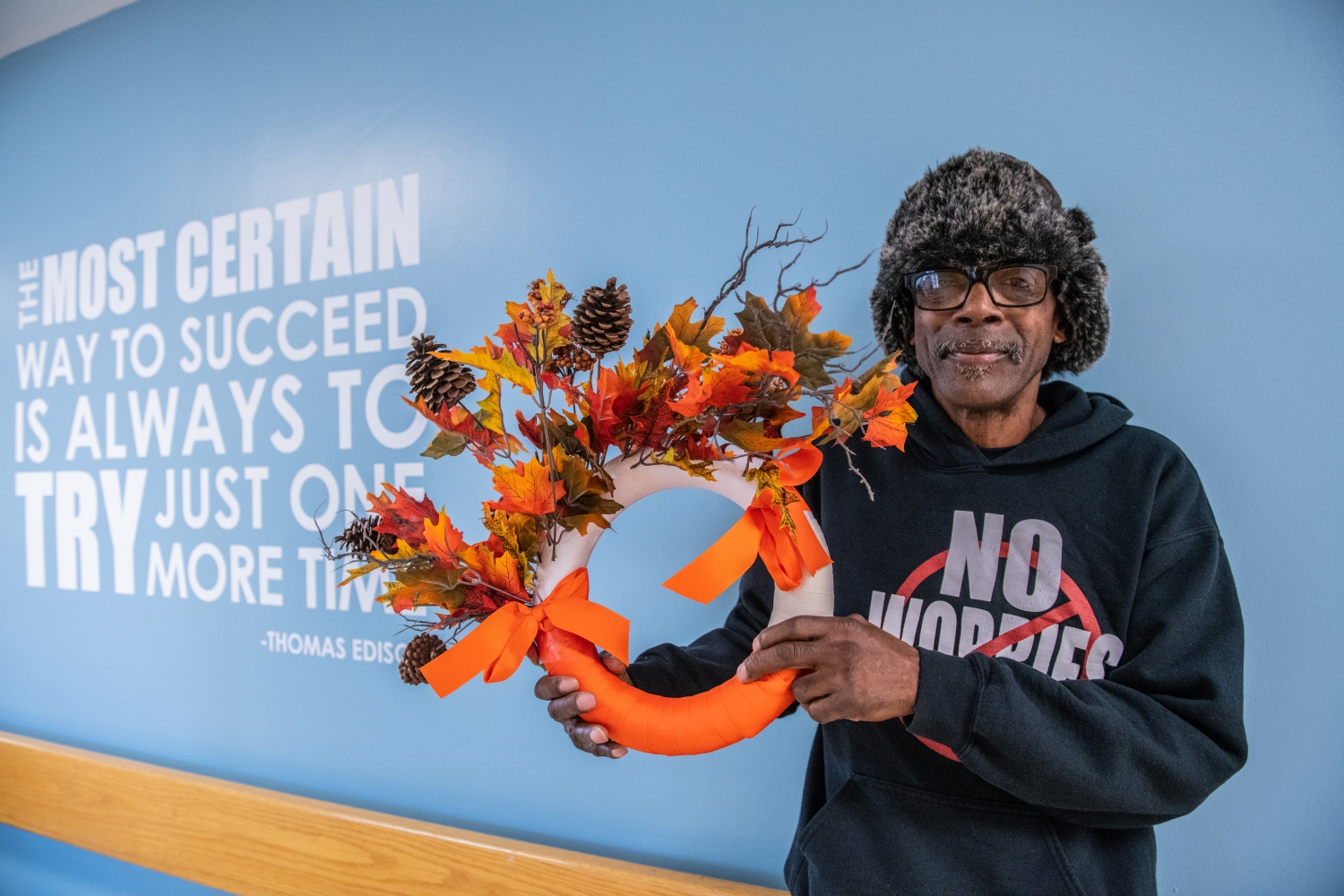
The Community Inclusion team works closely with the Certified Peer Specialists on each of our housing teams to build or add activities that participants are looking to do. Some are seasonal like haunted houses in the fall, or baseball games in the spring, while some are more spontaneous. A group of participants worked together to suggest Wrestle Mania tickets, researching an upcoming event and working with staff to plan the outing.
Beyond events, every encounter with a participant is an opportunity to build and reinforce the relationships between participant and staff member that form the backbone of our program. For many participants, social interactions are significantly reduced, often limited to interactions with paid professionals. This makes the connections fostered through our program especially crucial. Our work is rooted in relational care, ensuring that participants feel supported and understood, beyond basic care needs.
Ultimately, we are constantly reinforcing to our participants that they are fully formed human beings with interests, experiences, and goals just like everyone else. Their housing status or diagnoses don’t define them and don’t preclude them from living their lives on their own terms. They are just as deserving of belonging to a community, or several communities, as anyone else. And we are here to help them achieve that.
